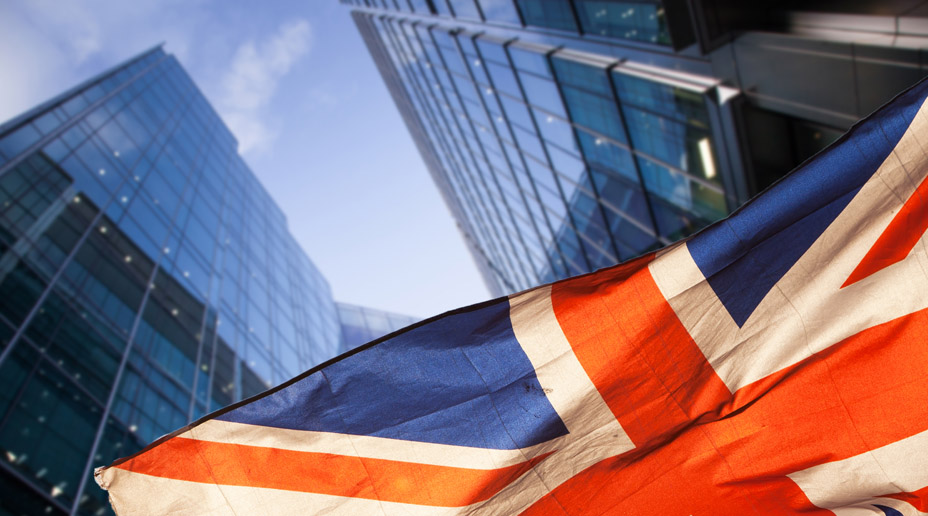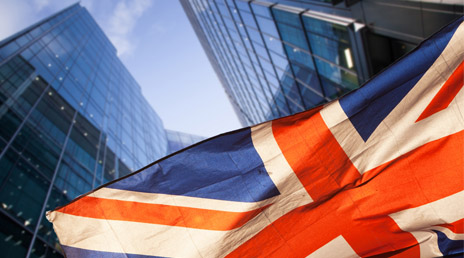🡡 from 2021
The Allianz Risk Barometer is an annual report identifying the top corporate risks for the next 12 months and beyond, based on the insight of more than 2,650 risk management experts from 89 countries and territories.
Here we look at the risks ranked most important by those surveyed in the UK.
The top risks for businesses in the UK
Overview
The top 10 risks for businesses in the UK

The Covid-19 pandemic saw a large-scale move to remote working which many businesses are still adopting 24 months on. Moving employees and equipment offsite introduces new access points for vulnerability, and the geographical spread of staff translates to thousands of routers and networks, increasing exposure across a company’s IT ecosystem. Cyber criminals have exploited these vulnerabilities, plus the increased reliance on video conferencing apps, for commercial gain through activities such as social engineering methods and phishing emails. Ransomware is currently one of the fastest growing global cyber security threats, rising by 93% in the first half of 20211 . This is partly attributed to emergence of ransomware-as-a-service (Raas) where ransomware is sold for a relatively cheap price. As a result, 63% of UK executives report they plan to increase their cyber budgets over the next year.2
Read more from AGCS about ransomware and other cyber risk trends.
including supply chain disruption
Read our article “What is business resilience and why is it more important than ever?” and listen to our Insurance Tomorrow ‘Supply Chains’ podcast.

e.g. physical, operational, financial and reputational risks as a result of global warming

Brexit-related legislation and regulation for businesses continues to evolve, from importing and exporting, to transporting goods to the EU, exchanging data, and recruitment of people from outside the UK.
ESG (Environmental Social Governance) also remains high on the regulatory agenda, with the publication of the Green Claims Code in Q3 2021 designed to prevent ‘greenwashing’ - businesses misleading customers about environmental claims.
Organisations have naturally also needed to keep up with changing Covid-19-related regulation and measures, and understand their responsibilities with regard to keeping employees safe.

e.g. volatility, intensified competition/new entrants, M&A, market stagnation, market fluctuation

For a third year, market developments remains fairly static in its rating. The UK market continues to experience volatility with inflation hitting its highest level for nearly 30 years4 and the cost of living rising, particularly food and energy prices.
Uncertainty surrounding the severity of the Omicron variant continues to impact negatively on gross domestic product (GDP) and also threatens employment in the retail and hospitality sectors. On 20 January, the government announced the lifting of a number of Covid restrictions, including those related to remote working. The effect on the economy is yet to be seen.

e.g. health and workforce issues, restrictions on movement

Dropping the most places in the list is the risk of pandemic outbreak. Nearly two years on, many organisations have adapted well to the pandemic, with measures including remote and flexible working or adjusting business models to comply with evolving government regulations. In many instances this has led to an acceleration in digitalisation and the adoption of new technologies. However the recent Omicron variant shows that the pandemic continues have an impact, and will likely do so for the near future.
Click here to read our BIBA Broker’s Guide to managing the after effects of Covid-19.
Rising one place from 2021, fire and explosion persists as a key area of concern. Since the tragic case of Grenfell in 2017, UK fire safety legislation has been fiercely debated. The Fire Safety Act 2021 (Act) was made law in April 2021, applicable to all multi-occupied residential and commercial buildings, and placing further accountability on businesses’ ‘Responsible Persons’. Aside from the danger posed to life, fire and explosion can also result in significant business interruption for organisations.
Visit Allianz Risk Management for a wealth of information and guidance on fire hazards, plus business impact assessments.


present characteristics of vulnerability. In February, the Financial Conduct Authority (FCA) published its guidance and expectations of firms on the treatment of vulnerable customers. There’s also a strong focus on companies’ sustainability and ESG credentials, linked to concerns around climate change.
e.g. storm, flood, earthquake, wildlife, weather events

For the full global Allianz Risk Barometer 2022 along with insight, results separated by countries and the risk barometer methodology, please visit AGCS.
1 Public sector finances, UK - Office for National Statistics (ons.gov.uk)
2 New technologies ranks higher than fire, explosion based on the actual number of responses.
1. Checkpoint Software Technologies Ltd. 2021 Mid Year Report .
2. pwc. Two thirds of UK business leaders expect cyber security threat to increase over next 12 months . 23 November 2021.
3. HM Government. UK Climate Change Risk Assessment 2022 . January 2022.
4. Financial Times. UK inflation jumps to highest level in 30 years | Financial Times (ft.com)
5. ONS. Changing trends and recent shortages in the labour market, UK: 2016 to 2021
7. FCA. FCA launches guidance for firms on the fair treatment of vulnerable customers | FCA
8. NASA Press Release. 2021 Tied for 6th Warmest Year in Continued Trend, NASA Analysis shows | NASA






























